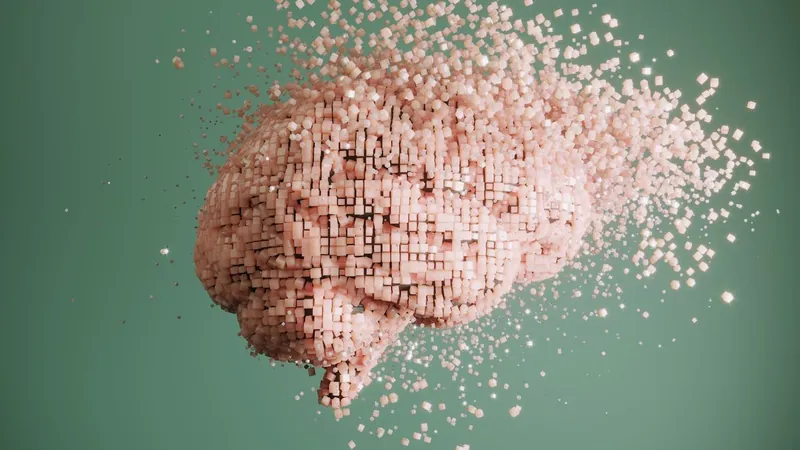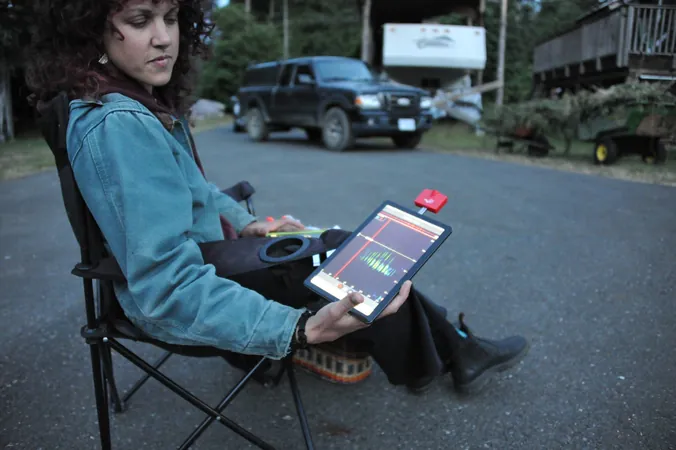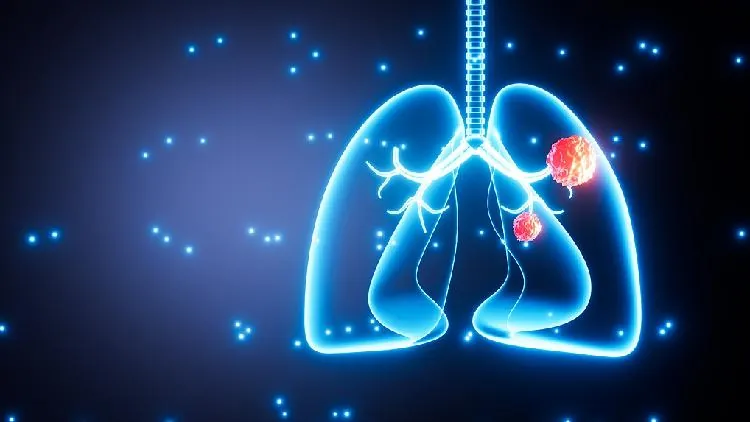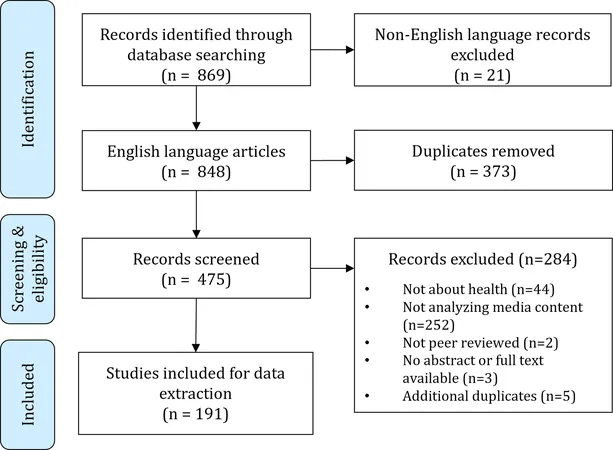
Can We Unlock the Secrets of a Dead Person's Memories? The Science Behind Retrieving Memories from Beyond the Grave
2024-12-30
Author: Olivia
Introduction
When a loved one passes away, they leave behind cherished belongings and countless untold stories. But what about the intricate tapestry of their memories? Could we ever find a way to tap into the memories of someone who has died?
The Scientific Challenge of Memory Retrieval
While science is making strides in understanding memory, the concept of retrieving memories from the deceased remains profoundly complex and challenging. According to Don Arnold, a neuroscientist at the University of Southern California, extracting specific memories from a dead person's brain might just be a bridge too far with current technology.
Understanding Memories in the Brain
In theory, the process could involve pinpointing groups of neurons that encode a particular memory and mapping their intricate connections. Activating these neurons could help replicate a neural network that mirrors the brain's functioning. Memories are not stored in isolation; they are stored in clusters within the brain. Short-term and long-term memories find their roots in a learning structure within the hippocampus, while emotions and sensory details reside in diverse areas of the brain, such as the amygdala and sensory cortices.
Progress in Memory Research
In the past, neuroscientists have identified these memory traces, known as "engrams," in the brains of mice. For example, groundbreaking research published in *Nature* in 2012 highlighted the identification of brain cells linked to fear-inducing experiences in mice. This kind of progress helps illustrate the potential pathways for memory retrieval, though translating it to the human brain remains an immense challenge.
The Complexity of Human Memory
The complexity escalates when considering how human experiences are intertwined. Long-term memories often relate to places, relationships, or learned skills, each encoded across different brain regions. Moreover, the memory retrieval process is compounded by the dynamic nature of memory itself. Unlike a static file on a hard drive, human memories evolve, influenced by emotions and new experiences.
Reconstructive Nature of Memory
"A memory is very reconstructive," explains Charan Ranganath, an expert at the University of California, Davis. People often recall fragments of experiences rather than the entirety, filling in gaps with information they already possess. We may remember the joy of our fifth birthday party, indulging in chocolate cake, but be unable to recall specific details like the presence of certain friends or the weather that day.
Theoretical Models and Limitations
Creating an ideal model for replicating memories would theoretically involve conducting extensive brain scans over a person's lifetime, capturing the moment they remember pivotal events. Yet, any attempts to digitally revive memories must contend with how memories are not merely exact replicas of moments but rich, subjective experiences continuously reshaped by our perceptions and emotions.
Conclusion
So, can we truly retrieve and relive the memories of those who have passed? Currently, it seems highly improbable. As scientists delve deeper into understanding memory's complexities, it becomes clearer that for now, the unique essence of each individual's lived experiences may ultimately rest in the silence of their absence. As we grapple with the ephemeral nature of memory and existence, one undeniable truth emerges: the memories of life are a treasure that, for the time being, will remain with those who lived them, leaving us to cherish our own stories while we can.
Future Prospects
Stay tuned, because as technology advances, who knows what the future might hold in the pursuit of uncovering buried memories?









 Brasil (PT)
Brasil (PT)
 Canada (EN)
Canada (EN)
 Chile (ES)
Chile (ES)
 Česko (CS)
Česko (CS)
 대한민국 (KO)
대한민국 (KO)
 España (ES)
España (ES)
 France (FR)
France (FR)
 Hong Kong (EN)
Hong Kong (EN)
 Italia (IT)
Italia (IT)
 日本 (JA)
日本 (JA)
 Magyarország (HU)
Magyarország (HU)
 Norge (NO)
Norge (NO)
 Polska (PL)
Polska (PL)
 Schweiz (DE)
Schweiz (DE)
 Singapore (EN)
Singapore (EN)
 Sverige (SV)
Sverige (SV)
 Suomi (FI)
Suomi (FI)
 Türkiye (TR)
Türkiye (TR)
 الإمارات العربية المتحدة (AR)
الإمارات العربية المتحدة (AR)